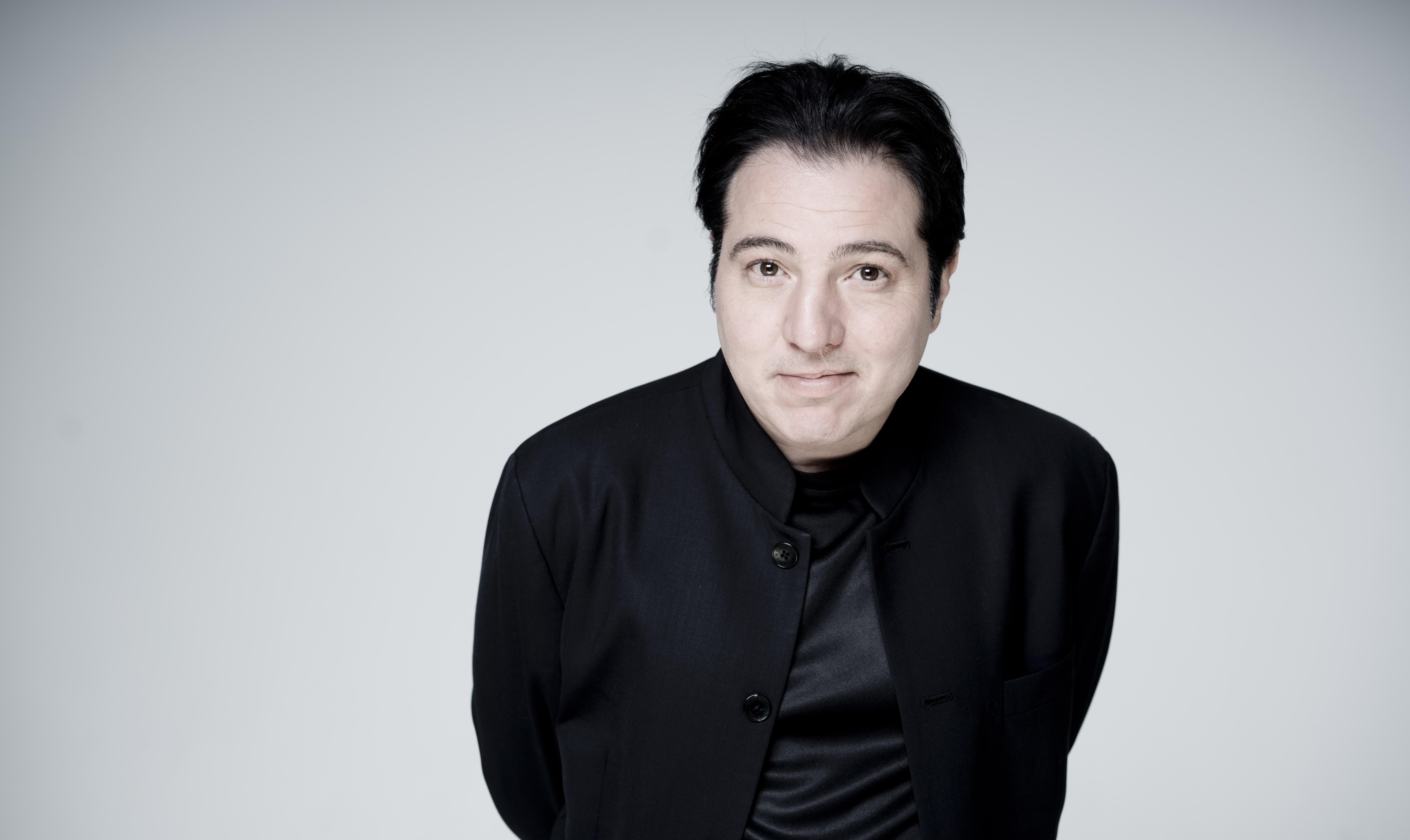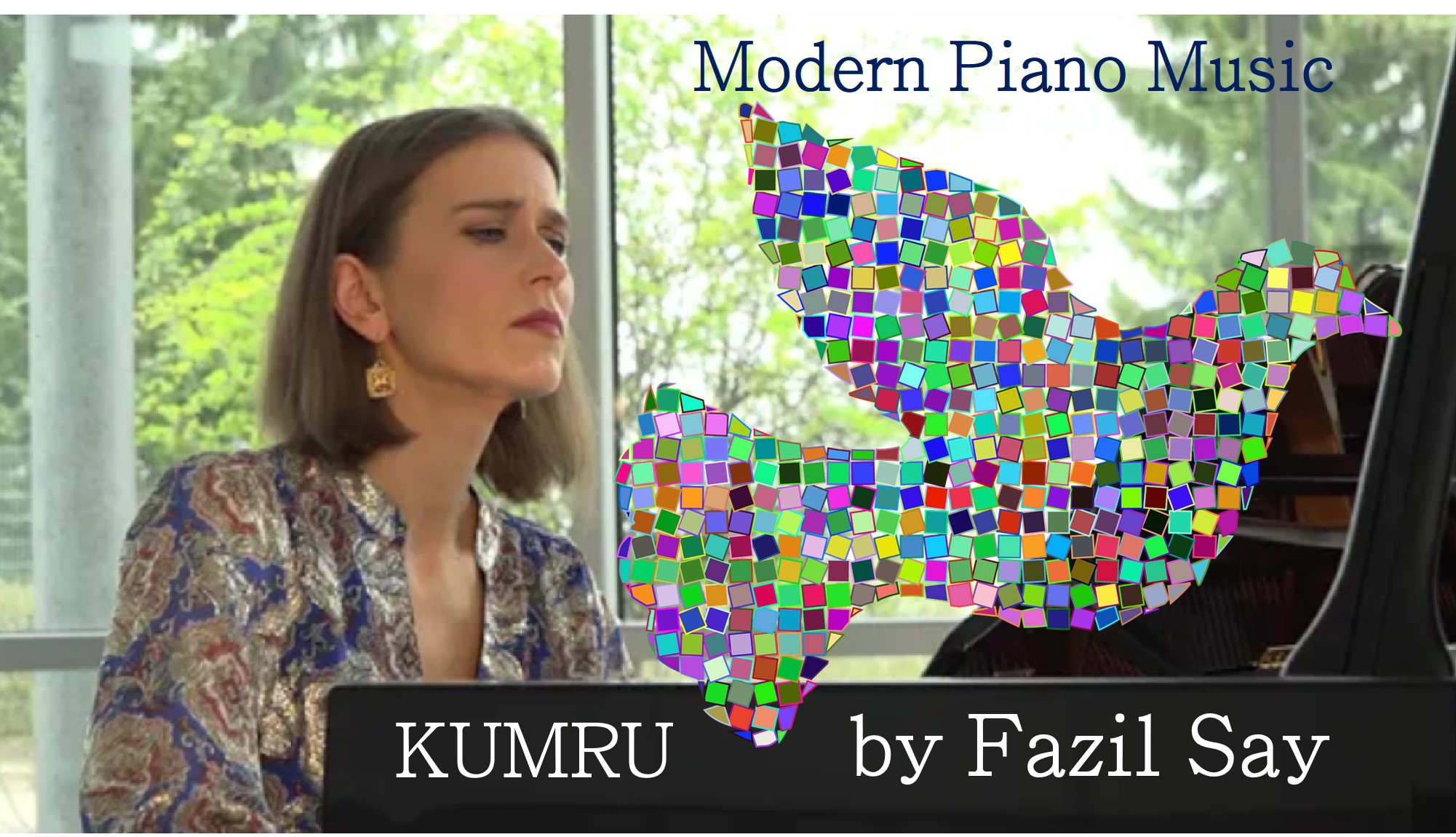About
He is not only a brilliant pianist, but will without doubt also become one of the great artists of the 21st century. (Le Figaro)
Fazıl Say was born in Ankara on 14 January 1970. He began playing the piano at the age of four and commenced piano studies when he was eleven. A workshop with David Levine and Aribert Reimann in Ankara provided the decisive impulse to begin composing. It was also the same outstanding musicians who succeeded in securing a place for the young up-and-coming talent at the Robert-Schumann-Hochschule in Düsseldorf. Fazıl Say subsequently continued his studies at the Berlin Conservatory of Music from1992 to 1995. He composed his work Black Hymns at the age of sixteen. His career was given further impetus through the award of the first prize at the Young Concert Artists International Auditions in New York; since then Fazıl Say has given over 100 concerts each year. Large-scale compositions followed such as the 2nd Piano Concerto Silk Road which Say premiered in Boston in 1996 and performed more than a dozen times during the concert season 2003/2004. He was Artist in Residence at Radio France in both 2003 and 2005. He was invited to be Artist in Residence by the Music Festival in Bremen in 2005, by the Konzerthaus Dortmund in 2007, and by the Dresdner Philharmonie in the 2018/2019 season. Fazıl Say founded a world jazz quintet in 2000 with whom he has performed in numerous jazz festivals including Montreux and Istanbul.
Say’s musical career is characterised by his double role as composer and internationally renowned pianist. His musical concepts are influenced by his great interest in jazz and improvisation and he frequently incorporates these elements into his compositions, producing highly virtuoso adaptations of works for piano such as the jazz fantasy based on Mozart’s Alla Turca (1993), Paganini Jazz (1995) or the 4 Pieces for DJ and Piano (2003). His oratorio Nâzım, set to verses by the Turkish poet Nâzım Hikmet and commissioned by the Turkish Ministry for Cultural Affairs was given its first performance in Ankara in the presence of the Turkish President in 2001. Say composed his 3rd Piano Concerto in 2002 as a commission by Radio France and Kurt Masur and premiered it with the Orchestre National de Radio France under the baton of Eliahu Inbal. The first performance of his oratorio Requiem für Metin Altıok was given at the Istanbul Festival to an audience of 5000 in July 2003. He performed in the premiere of his 4th Piano Concerto Thinking Einstein in Lucerne in May 2005.
In the Mozart commemorative year 2006, the city of Vienna commissioned the ballet Patara as homage to the great Classical composer: the first performance was given on 1 February 2006. One year previously, Say had completed his rhapsodic piano composition Black Earth which also embraces elements of Turkish folklore. A further composition for piano solo completed in 2006 was Inside Serail which was performed at the Salzburg Festival. Fazıl Say composed his first violin concerto with the allusive title 1001 Nights in the Harem in 2008. The premiere of this work took place in Lucerne performed by the dedicatee of the work, the Moldavian violinist Patricia Kopatchinskaja, and the Lucerne Symphony Orchestra under the direction of John Axelrod. This violin concerto is Say’s first ambitious orchestral work without a solo part for the composer. The title is an allusion to the collection of oriental fairy tales, the “Arabian Nights”. The solo violin undertakes the role of the seductive, untiring storyteller Scheherazade. The composer is adventurous in his atmospheric orchestral texture and the utilisation of Turkish percussion instruments in bridging the gap between the music of his native country, elements of jazz and European art music.
Alongside numerous awards for his piano performances, Fazıl Say has also received other accolades including the silver London International Award in 2007 and, in the following year, the German Art Directors Club prize. He also received the Deutsche Schallplattenpreis for his arrangement of Stravinsky’s “Sacre du Printemps” for piano duet. In 2017, Say was awarded the Music Prize of the City of Duisburg as well as for two CD releases the ECHO Klassik and the Edison Klassiek .
Fazıl Say's Homepage
General management: Kaech Artists & Promotion

